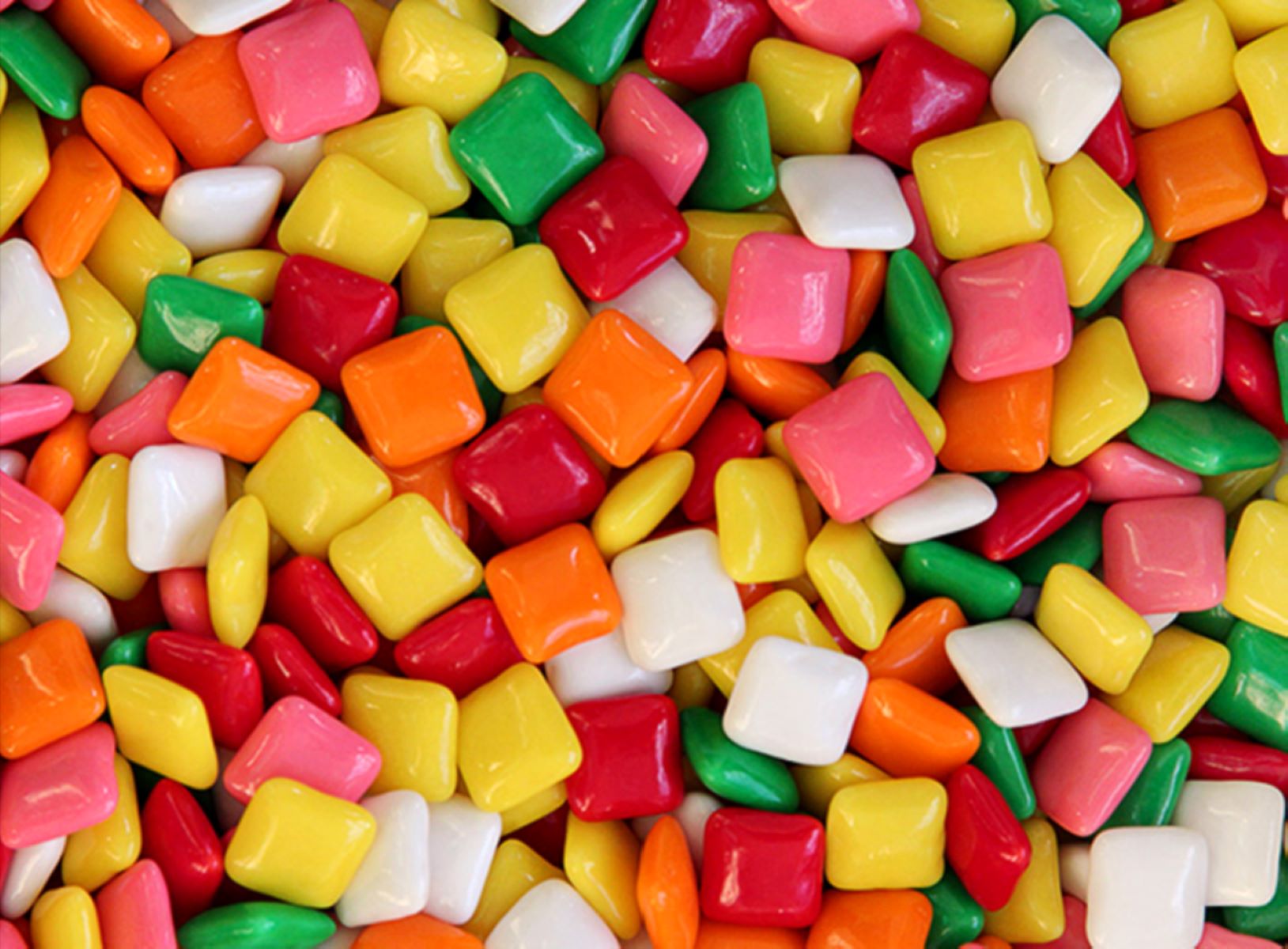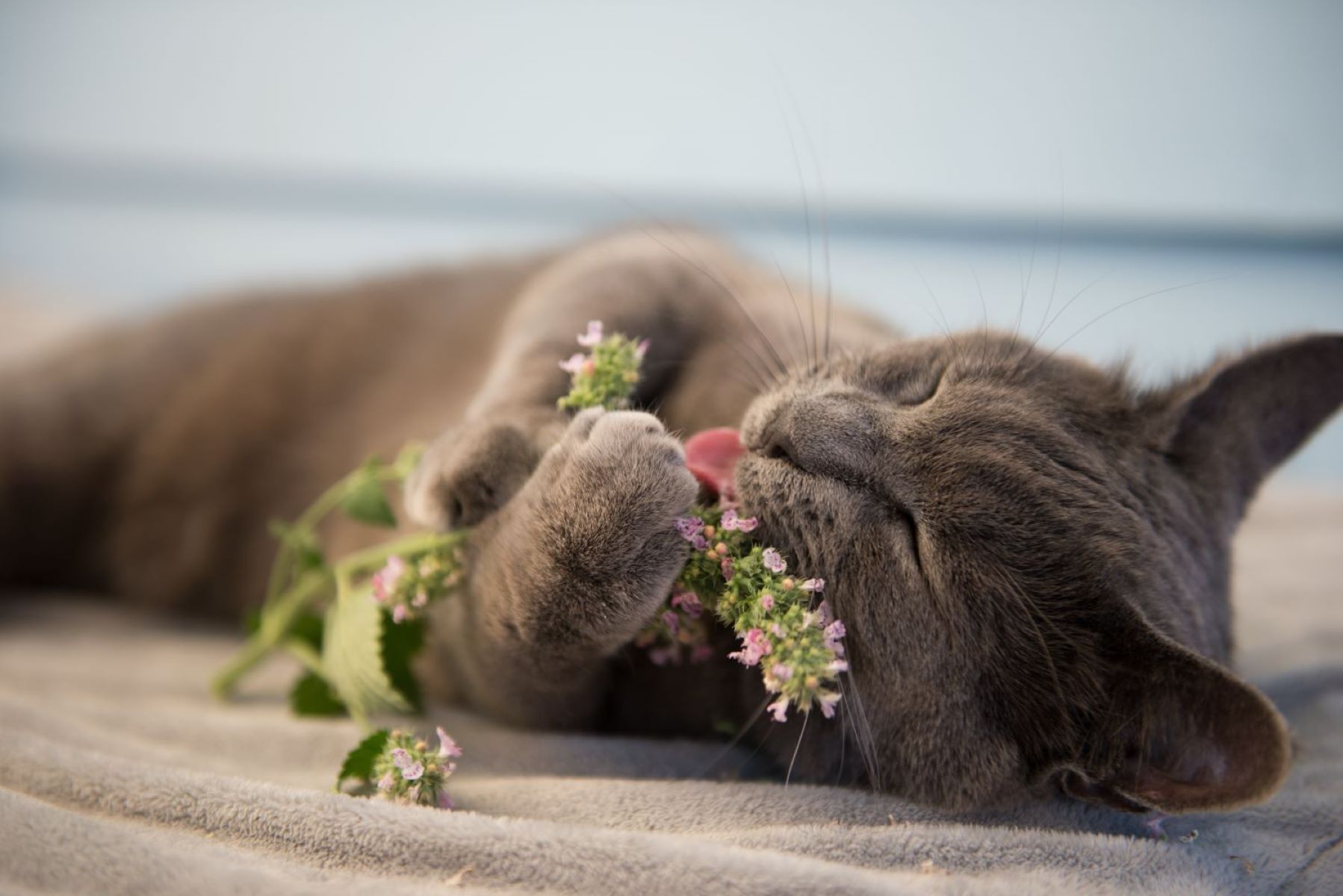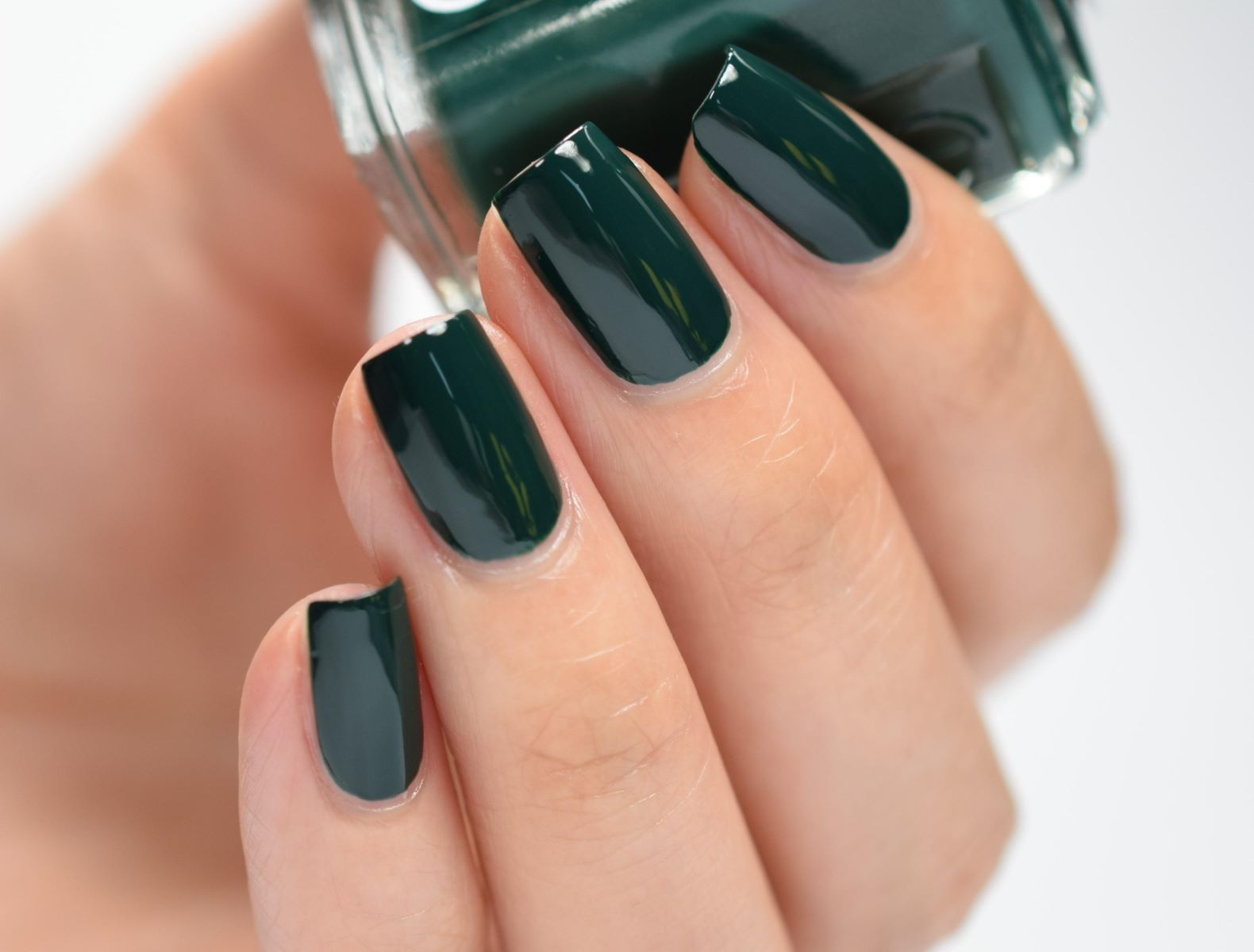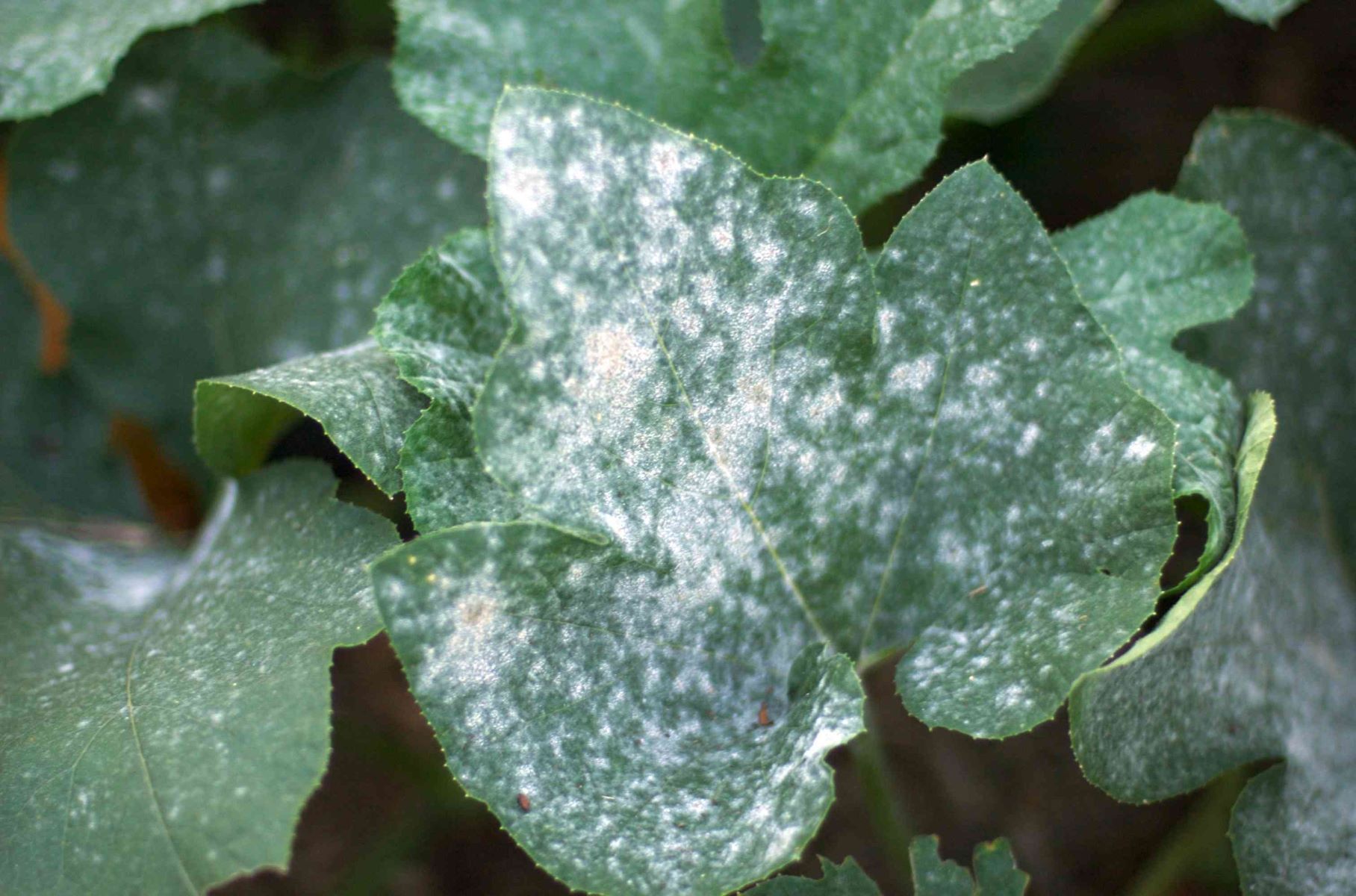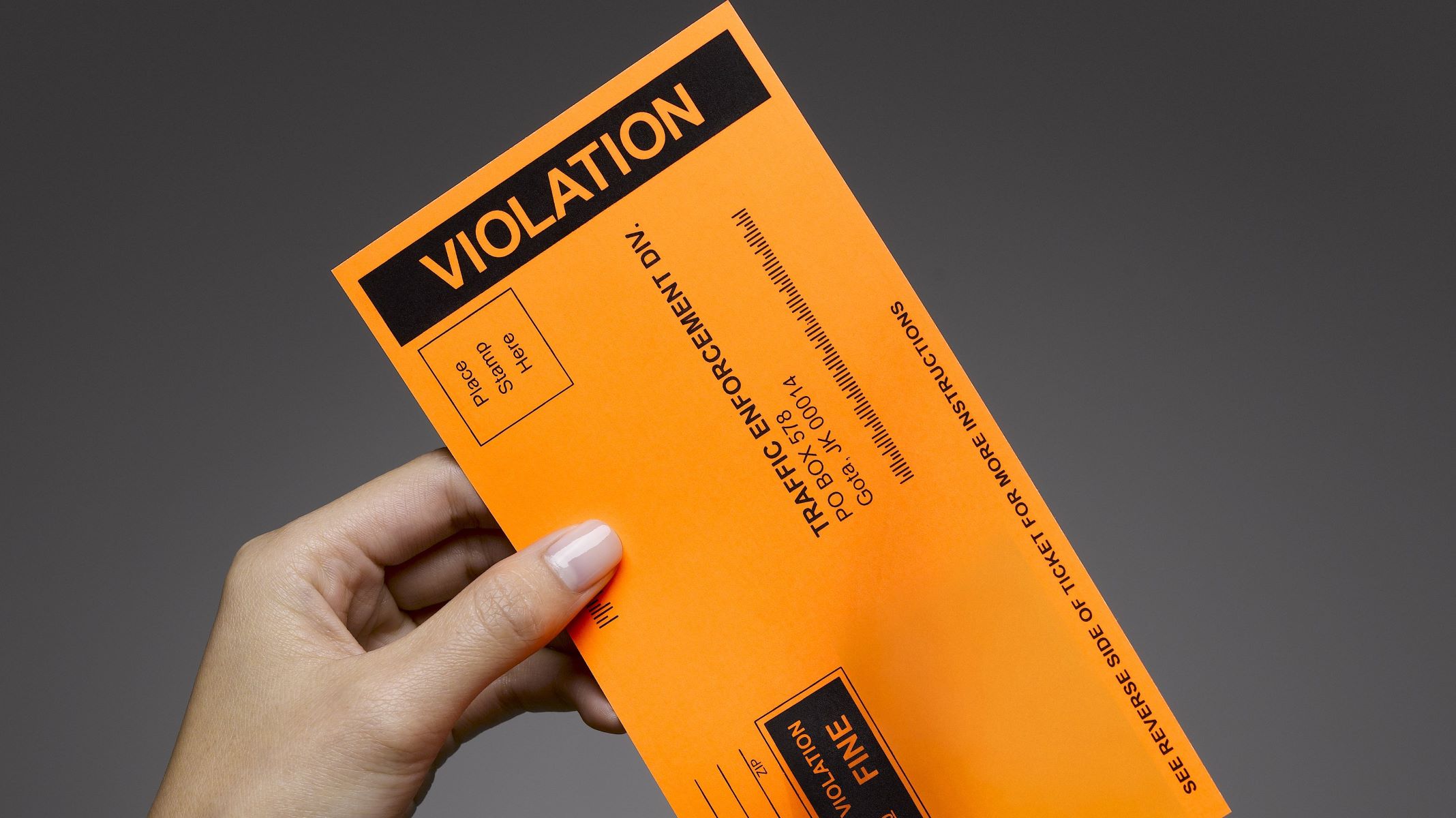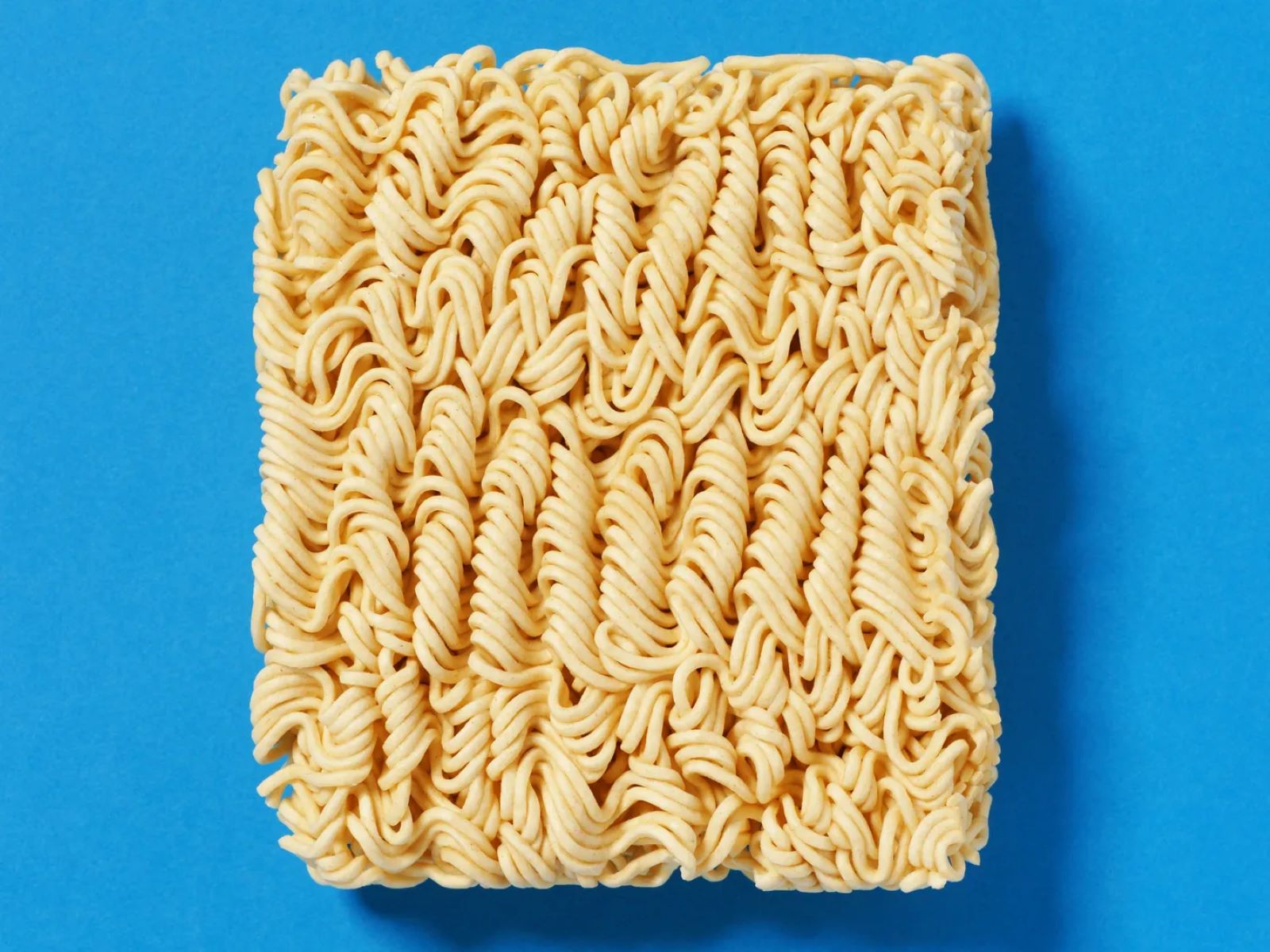Home>Food and Cooking>The Shocking Truth: Popcorn Kernels Can Actually Expire!
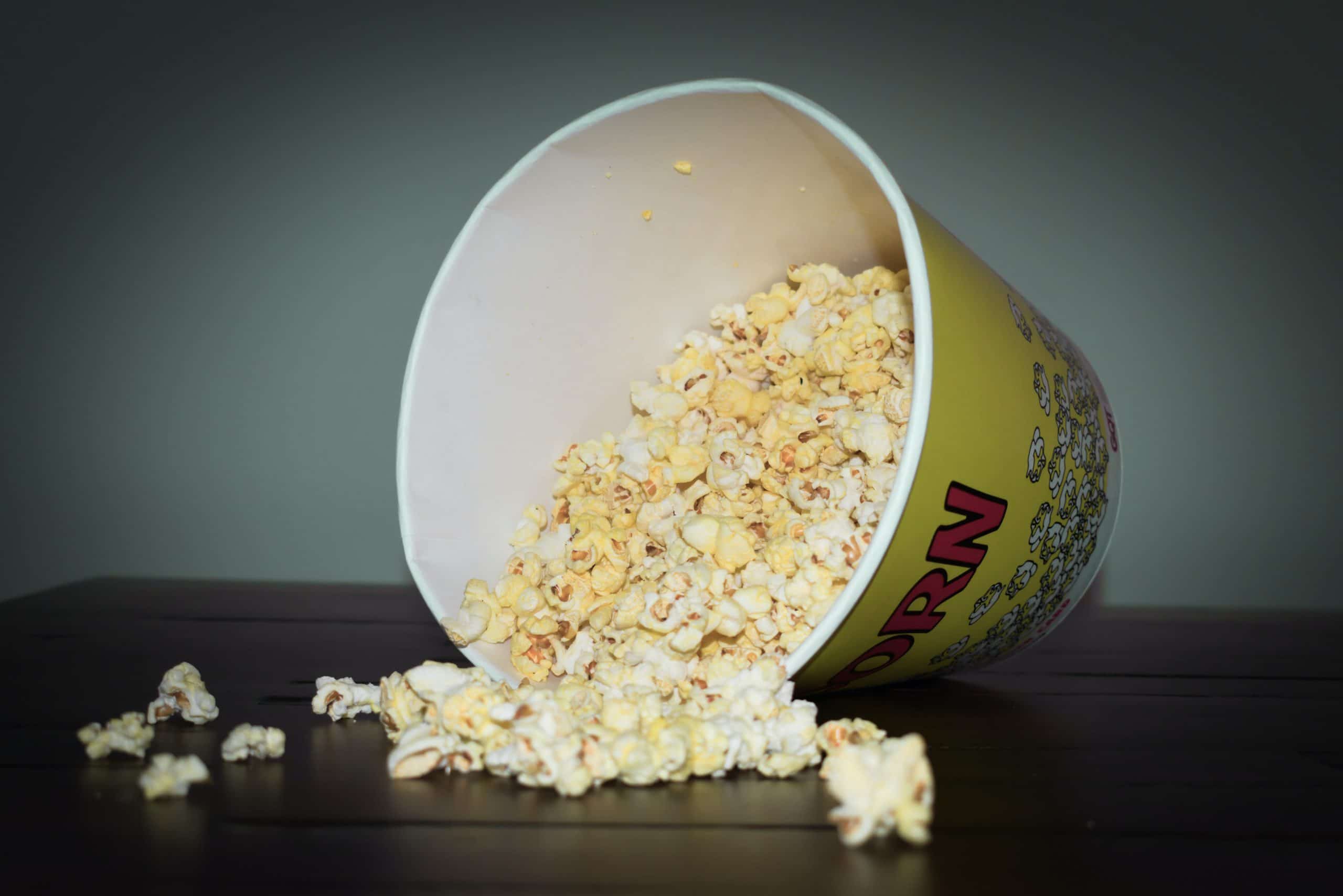

Food and Cooking
The Shocking Truth: Popcorn Kernels Can Actually Expire!
Published: January 23, 2024
Discover the surprising truth about popcorn kernels expiring and get expert tips on food and cooking. Uncover the facts now!
(Many of the links in this article redirect to a specific reviewed product. Your purchase of these products through affiliate links helps to generate commission for Regretless.com, at no extra cost. Learn more)
Table of Contents
Introduction
Popcorn is a beloved snack enjoyed by people of all ages, whether at the movies, during a cozy night in, or as a tasty treat at social gatherings. The delightful aroma of freshly popped popcorn and the satisfying crunch as you bite into a fluffy kernel are undeniably irresistible. However, have you ever stopped to consider the freshness of the popcorn kernels you're using?
Believe it or not, popcorn kernels can indeed expire, and the consequences of using expired kernels may surprise you. In this article, we will delve into the science behind popcorn kernels, explore the signs that indicate kernels have gone bad, and provide valuable tips on how to store them properly to maintain their freshness.
Join us on this eye-opening journey as we uncover the shocking truth about popcorn kernels and the importance of ensuring their quality for the ultimate snacking experience.
The Science Behind Popcorn Kernels
Popcorn kernels, despite their small size, possess a fascinating scientific nature that sets them apart from other types of corn. The key to their unique characteristics lies in the composition of the kernel itself. Each popcorn kernel contains a small amount of water stored inside a circle of soft starch, surrounded by a hard shell called the hull. This combination of water, starch, and a tough exterior is what makes popcorn kernels pop when exposed to heat.
When the popcorn kernel is heated, the moisture inside turns into steam, causing the starch to soften and swell. As the pressure builds within the kernel, the hull eventually ruptures, leading to a sudden release of the built-up pressure. This explosive release turns the kernel inside out, transforming it into the fluffy, edible snack we all know and love.
The specific variety of corn used for popcorn also plays a crucial role in its popping ability. Unlike other types of corn, popcorn kernels have a hard impermeable hull, which is essential for containing the pressure that builds during the popping process. Additionally, the starch inside the kernel is comprised of a unique balance of hard and soft starches, further contributing to its popping characteristics.
The ideal moisture content within popcorn kernels is approximately 13.5%, ensuring that there is enough water to produce steam for the popping reaction. If the moisture content is too low, the kernels may not pop properly, while excessive moisture can lead to mold growth and spoilage.
Understanding the science behind popcorn kernels not only adds depth to our appreciation of this beloved snack but also highlights the importance of maintaining the quality of the kernels. By comprehending the delicate balance of moisture, starch, and hull integrity, we can better grasp the factors that contribute to the popping perfection of each kernel.
Signs of Expired Popcorn Kernels
Identifying the signs of expired popcorn kernels is crucial for ensuring a delightful snacking experience. While popcorn kernels do not spoil in the traditional sense, they can lose their ability to pop effectively and develop an unpleasant taste if they are past their prime. Here are the key indicators that your popcorn kernels may have expired:
-
Decreased Popping Rate: One of the most noticeable signs of expired popcorn kernels is a decrease in the popping rate. Fresh kernels typically pop vigorously, yielding a high percentage of fully popped kernels. However, if you notice that a significant portion of the kernels remain unpopped or only partially pop, it could indicate that the kernels have lost their moisture content and are past their prime.
-
Stale or Musty Odor: Expired popcorn kernels may emit a stale or musty odor, which is a clear indication that they have begun to deteriorate. Fresh popcorn kernels should have a neutral, slightly sweet aroma. If you detect any off-putting smells when opening the container of kernels, it's a strong signal that they are no longer suitable for popping.
-
Discoloration: Visually inspect the popcorn kernels for any signs of discoloration. Fresh kernels typically have a uniform, vibrant color, whereas expired kernels may appear dull or discolored. Additionally, the presence of mold or mildew on the kernels is a definite sign of spoilage and renders the kernels unfit for consumption.
-
Poor Taste and Texture: When popcorn kernels expire, the resulting popped popcorn may exhibit a lackluster taste and texture. Instead of the light, airy, and flavorful popcorn characteristic of fresh kernels, expired kernels can yield a chewy or tough texture with a bland or unpleasant taste.
-
Ineffective Popping: Expired popcorn kernels may fail to pop altogether, even when subjected to high heat. If you notice that a significant portion of the kernels remain intact after the popping process, it is a clear indication that the kernels have lost their ability to pop effectively.
By recognizing these signs of expired popcorn kernels, you can ensure that only the freshest and highest-quality kernels are used for your snacking pleasure. Now that we've explored the signs of expired popcorn kernels, let's delve into the essential practices for storing popcorn kernels to maintain their freshness and popping potential.
How to Store Popcorn Kernels Properly
Proper storage is essential for preserving the freshness and popping potential of popcorn kernels. By following the right storage practices, you can ensure that your popcorn kernels remain in optimal condition, ready to deliver a delightful snacking experience. Here's a comprehensive guide on how to store popcorn kernels properly:
1. Container Selection:
Choose an airtight container with a secure lid to store your popcorn kernels. This will help prevent moisture from infiltrating the kernels, preserving their ideal moisture content for optimal popping.
2. Cool, Dark Location:
Store the sealed container of popcorn kernels in a cool, dark place, such as a pantry or cupboard. Exposure to heat and light can accelerate the deterioration of the kernels, leading to a loss of moisture and diminished popping quality.
3. Moisture Control:
Ensure that the storage area is dry to prevent any moisture from compromising the integrity of the popcorn kernels. Excessive humidity can cause the kernels to lose their ability to pop effectively and may even lead to mold growth.
4. Avoid Refrigeration:
While it may seem intuitive to refrigerate popcorn kernels to extend their shelf life, this can actually have adverse effects. The fluctuating temperatures and potential exposure to moisture in the refrigerator can negatively impact the moisture content and overall quality of the kernels.
5. Limited Oxygen Exposure:
Minimize oxygen exposure by choosing a container that fits the quantity of popcorn kernels you have. A smaller container with minimal empty space will reduce the amount of oxygen present, helping to maintain the freshness of the kernels.
6. Proper Sealing:
Ensure that the lid of the storage container is tightly sealed after each use. This will prevent air from entering the container and safeguard the popcorn kernels from potential moisture and flavor degradation.
By implementing these storage practices, you can prolong the shelf life of your popcorn kernels and maintain their popping potential. With proper storage, you can savor the delightful taste and texture of freshly popped popcorn, elevating your snacking experience to new heights.
Now that we've explored the essential techniques for storing popcorn kernels, you are equipped with the knowledge to uphold the quality of your kernels and enjoy consistently delicious popcorn whenever the craving strikes.
Conclusion
In conclusion, the world of popcorn kernels holds a surprising revelation – they can indeed expire. The science behind popcorn kernels, with their unique composition and popping process, sheds light on the delicate balance of moisture, starch, and hull integrity that determines their popping potential. Understanding the signs of expired popcorn kernels, such as decreased popping rate, stale odor, discoloration, poor taste and texture, and ineffective popping, empowers popcorn enthusiasts to discern the quality of their kernels and ensure a delightful snacking experience.
By embracing proper storage practices, including container selection, cool and dark storage, moisture control, avoiding refrigeration, limited oxygen exposure, and proper sealing, individuals can safeguard the freshness and popping potential of their popcorn kernels. This comprehensive guide equips popcorn aficionados with the knowledge to maintain the quality of their kernels, enabling them to indulge in consistently delicious and satisfying popcorn.
As we bid adieu to this exploration of popcorn kernels, armed with a newfound understanding of their expiration and storage, let's embark on a journey of popcorn appreciation with renewed insight and appreciation. Whether it's a movie night at home, a social gathering, or a solo snacking indulgence, the joy of freshly popped popcorn awaits, ready to delight the senses and elevate the snacking experience. Here's to savoring the simple pleasures of life, one fluffy kernel at a time.
